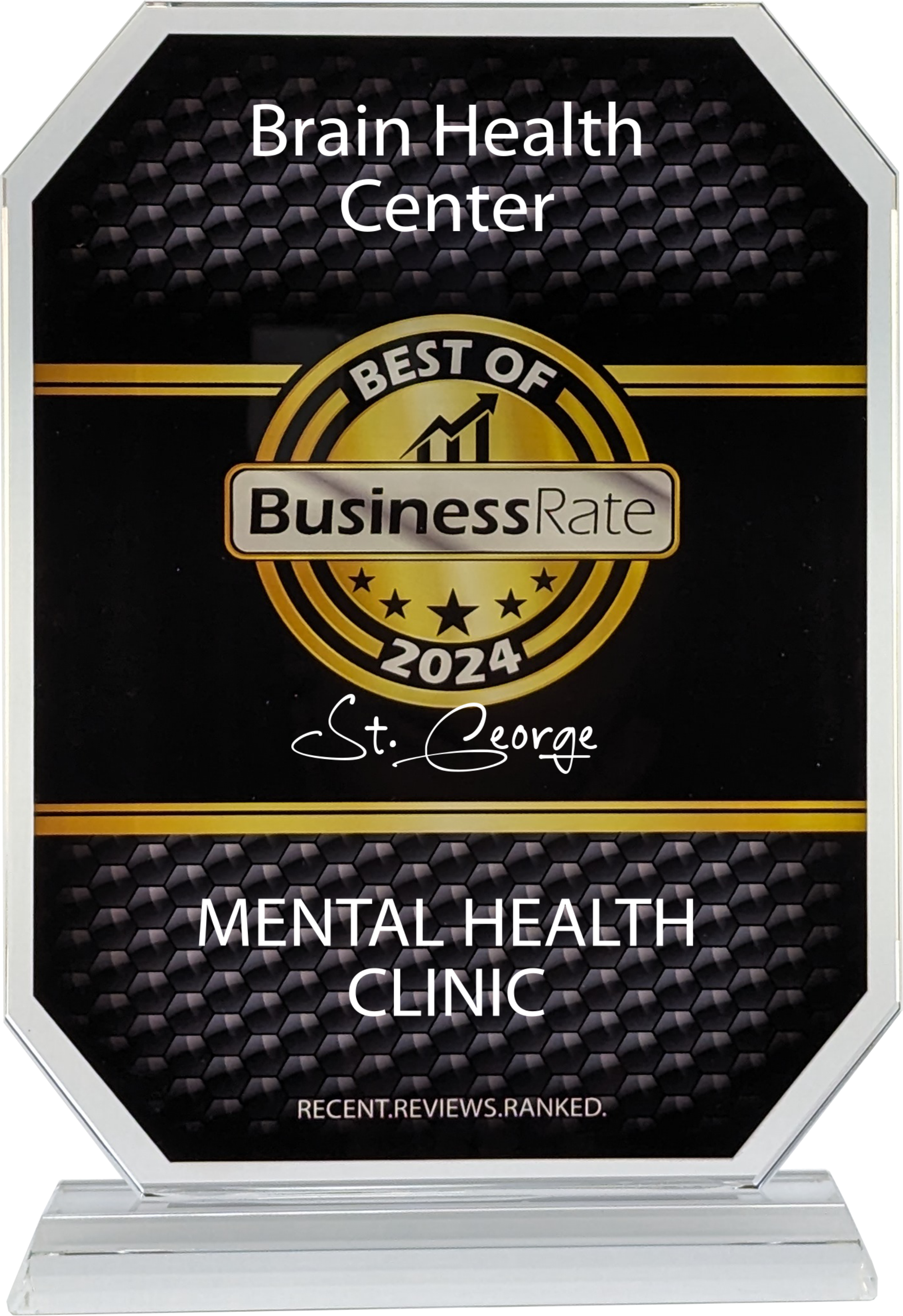Autism Spectrum Disorder
Autism Spectrum Disorder
What Causes Autism Spectrum Disorder

Common Autism Spectrum Disorder Symptoms
Communication can be challenging, too, with delayed speech or limited talking. You might notice repetitive behaviors or intense interest in certain things. Plus, sensory sensitivities are pretty common — some people with ASD are sensitive to things like lights, sounds, or textures.
How to Treat Autism Spectrum Disorder
Behavioral therapies like ABA help with social and communication skills. Speech and language therapy can improve communication; occupational therapy works on sensory issues and daily life skills.
In some cases, medications might help with specific symptoms. Finally, tailored educational support is crucial for kids with ASD to thrive in school.
TMS Therapy for Autism Spectrum Disorder
TMS therapy has shown promise in reducing repetitive behaviors and improving social skills in some people with ASD. It’s still under research, but early results are encouraging.
So, in a nutshell, ASD is a complex condition with a long history. We’re still learning what causes it and how best to treat it. But with early intervention, support, and promising therapies like TMS, we’re making strides in improving the lives of individuals with ASD.
Ready to Explore TMS Therapy for Autism? Take the First Step With Brain Health Center!
Brain Health Center is here to guide you through this transformative process. We understand the unique challenges of ASD and the potential benefits of TMS therapy. It’s an opportunity to explore new horizons, improve your quality of life, and embrace a brighter future. Your path to progress starts with a simple call or message today.
It's Time To Heal
For many of our friends seeking wellness, TMS is an incredible solution. Get started now with our team.

